On November 6, at Tra Vinh University, the Agriculture and Environment Newspaper coordinated with the Department of Crop Production and Plant Protection, Tra Vinh University, the Vietnam Coconut Association and the Department of Agriculture and Environment of the Mekong Delta provinces to organize the Forum "Communication on health management of Vietnamese coconut trees to meet production requirements associated with consumers".
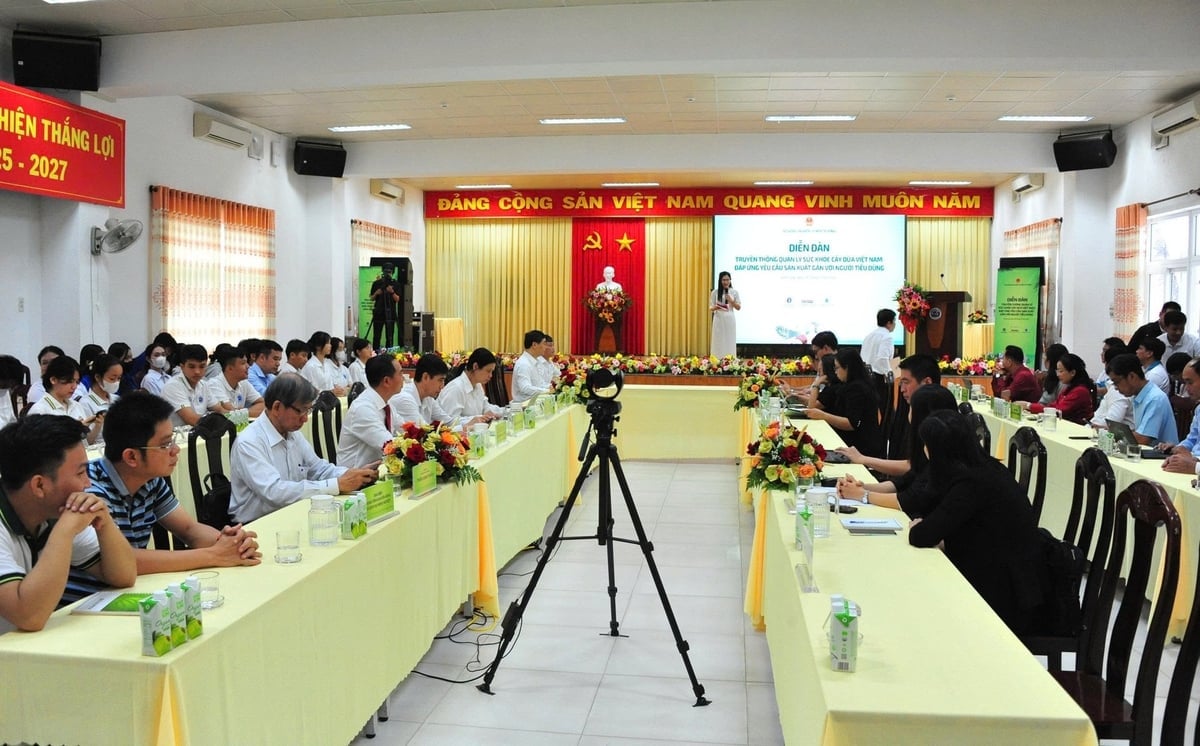
Overview of the Forum “Communication on health management of Vietnamese coconut trees to meet production requirements associated with consumers”. Photo: Le Hoang Vu.
According to Ms. Nguyen Thi Kim Thanh, President of the Vietnam Coconut Association, in the context of our country's agriculture facing major challenges from climate change, environmental pollution and increasing consumer demands, the issue of safety in cultivation and plant protection has become more urgent than ever. Applying environmentally friendly solutions not only helps improve productivity and quality of agricultural products, but also contributes to protecting human health, balancing the ecosystem and strengthening the position of the Vietnamese coconut brand in the international market.
Ms. Thanh believes that modern consumption trends are shifting strongly to prioritize “green - clean - traceable” products. This requires the coconut industry to change its production methods, towards sustainable farming, integrated pest management and safe plant protection. Safe solutions in coconut farming and plant protection, according to her, are the key to achieving a balance between three pillars: economic efficiency, ecological safety and consumer trust.

Ms. Nguyen Thi Kim Thanh, President of the Vietnam Coconut Association, shared at the forum. Photo: Le Hoang Vu.
Coconut is a perennial industrial crop with the fourth largest area in Vietnam, after rubber, coffee and cashew, with more than 200,000 hectares of cultivation. Once considered a secondary crop, in just a decade, the coconut industry has grown strongly thanks to the efforts of people and businesses. By 2024, the export turnover of coconut products will reach nearly 1 billion USD, and coconut trees will be included in the national key industrial crop development project by the Ministry of Agriculture and Environment. Vinh Long is currently the "coconut capital of Vietnam", accounting for two-thirds of the country's area.
"Thanks to capturing consumer trends, innovating technology and expanding the market, the Vietnamese coconut industry is making a breakthrough, especially with the wave of startups creating unique products such as coconut nectar and wax coconut, contributing to enriching the Made in Vietnam product portfolio.
Ensuring safety in cultivation and plant protection for coconut trees is not only a technical requirement to prevent pests or improve productivity, but also a strategic orientation to restructure the coconut industry towards ecology - circulation - low emissions. This is the only way for the coconut industry to deeply integrate with the global market, meet green standards and increasingly strict requirements on social responsibility", said the Chairman of the Vietnam Coconut Association.
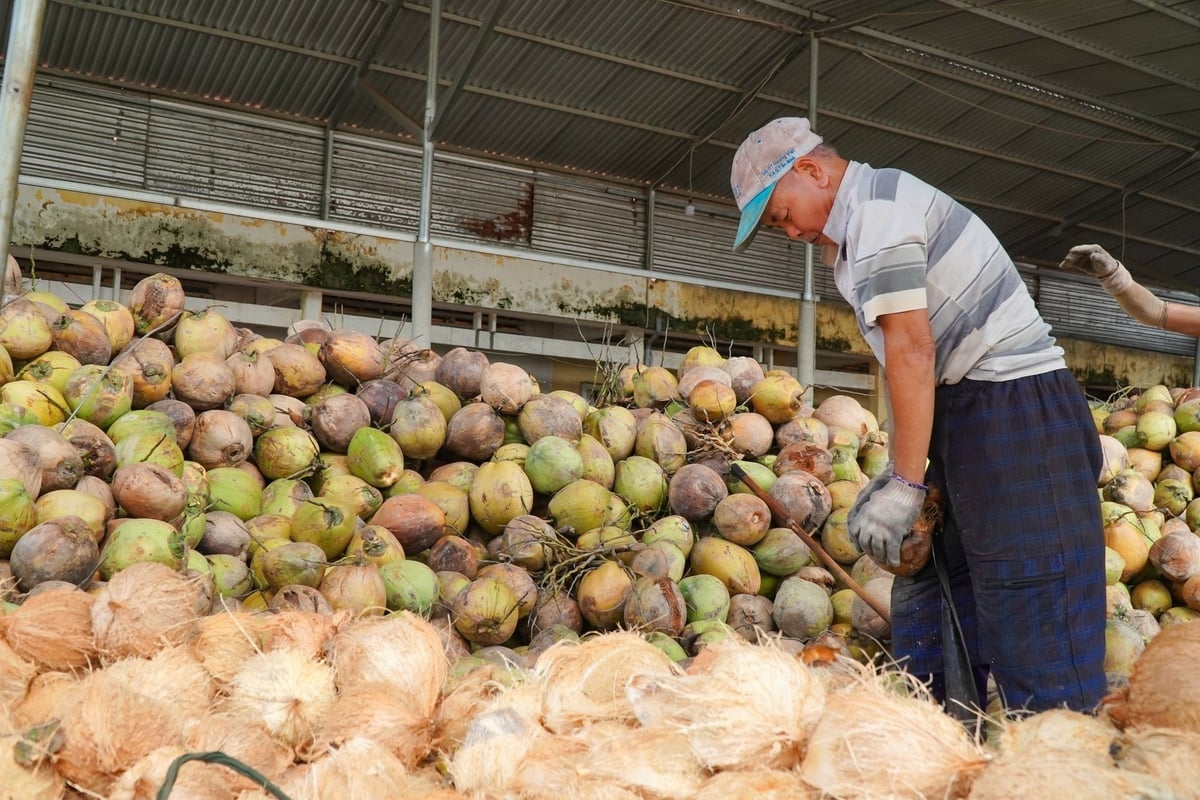
Vietnam's coconut industry is constantly innovating technology, investing in modern production lines, developing new products and expanding export markets. Photo: Le Hoang Vu.
Faced with challenges from climate change, emerging pests such as black-headed caterpillar, environmental pollution and international market fluctuations, building a safe coconut agricultural ecosystem requires close coordination between four main actors. The State plays a role in policy making, issuing standards, supporting green credit and controlling agricultural product quality. Scientists are responsible for research, technology transfer, development of disease-resistant coconut varieties and ecologically adaptive farming models. The Vietnam Coconut Association is a strategic bridge, policy review, promoting national brands, while enterprises and cooperatives directly organize raw material areas, apply biotechnology, trace origin, deep processing and create sustainable jobs for people.
In the long term, this direction will contribute to forming the brand "Green and safe Vietnamese coconut", creating a competitive advantage in the international market, while helping coconut growers escape fragmented production, moving towards an ecological, responsible and integrated agriculture - in line with the spirit of the Strategy for developing ecological, circular, low-emission agriculture by 2050.
Source: https://nongnghiepmoitruong.vn/tai-cau-truc-nganh-dua-theo-huong-sinh-thai--tuan-hoan--it-phat-thai-d782704.html


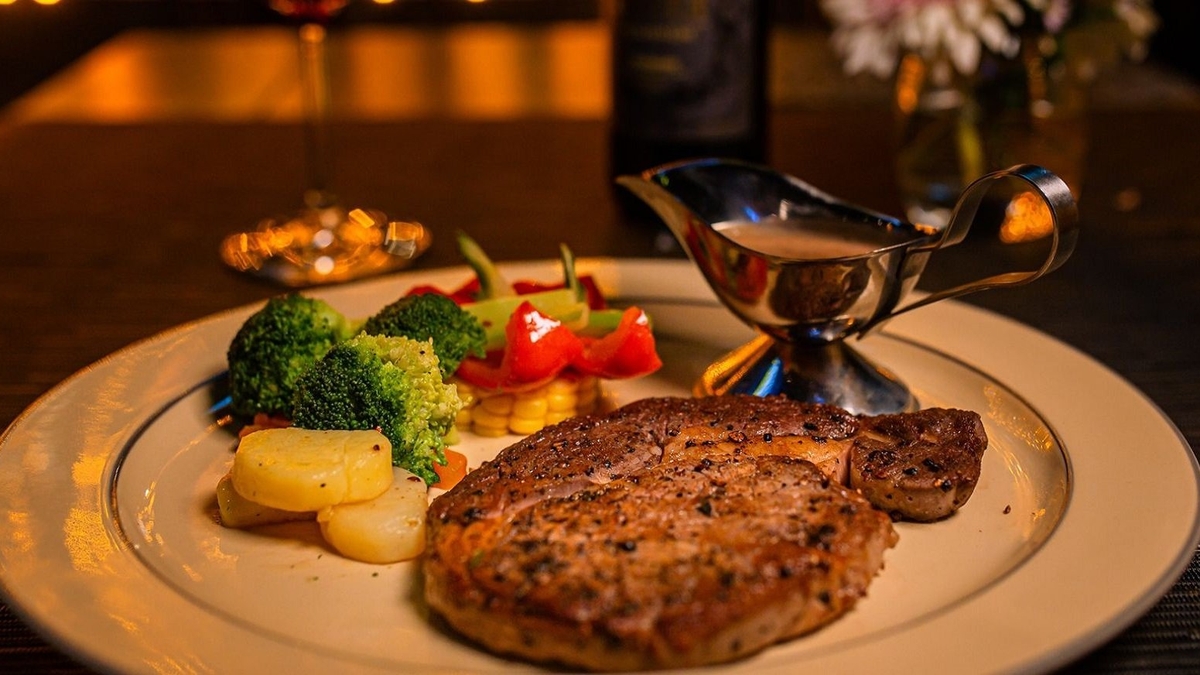
![[Photo] Hanoi: Long Bien residents brave the rain to go to work and school amid traffic jams due to bridge closures from early morning](https://vphoto.vietnam.vn/thumb/1200x675/vietnam/resource/IMAGE/2025/11/07/1762485038077_dji-0206-1506-jpg.webp)
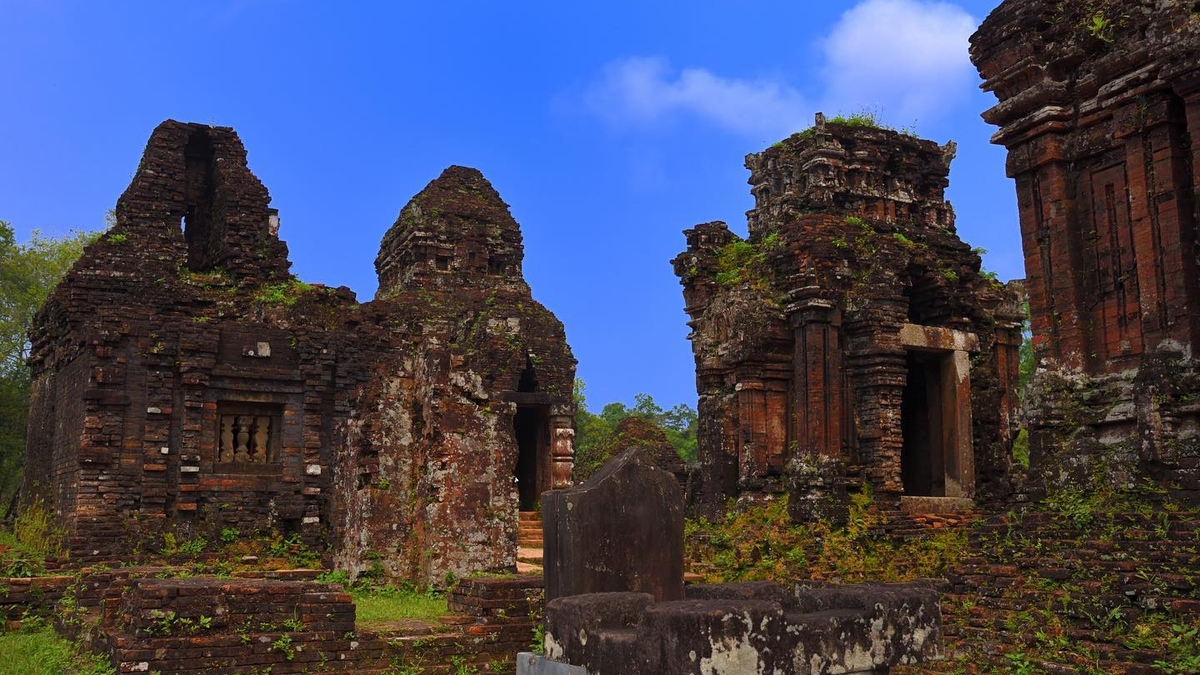
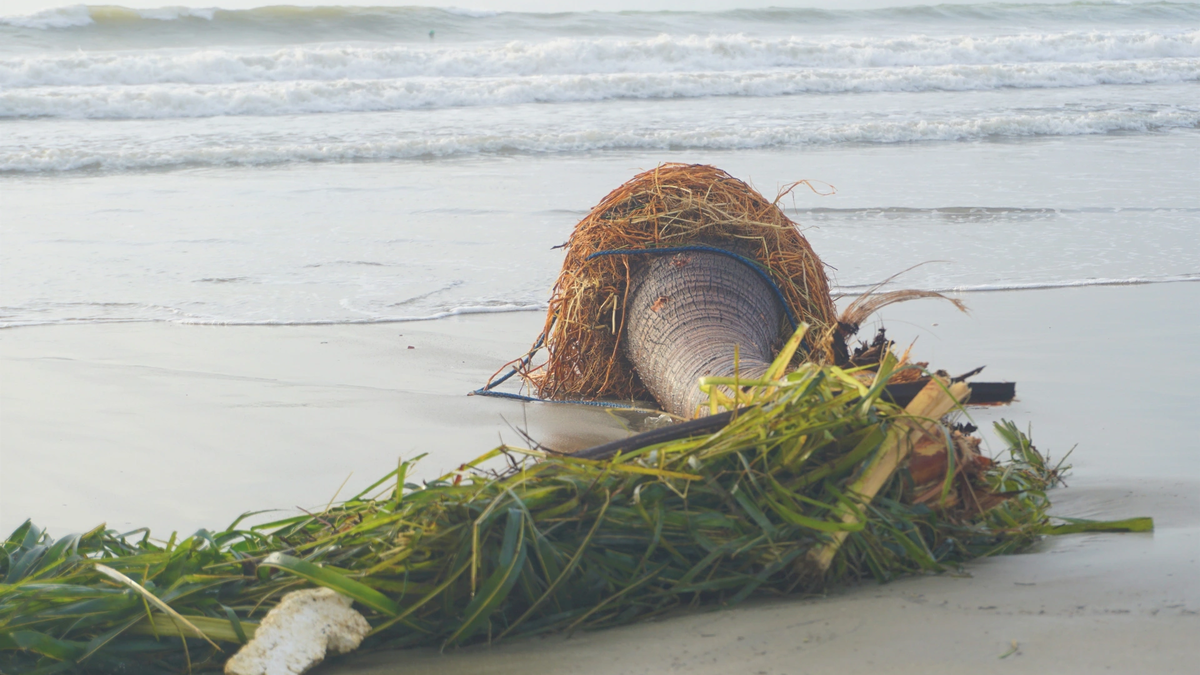






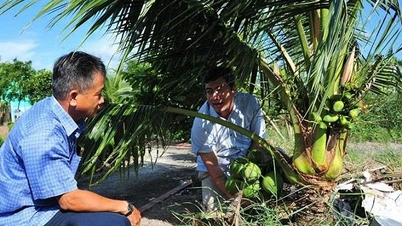

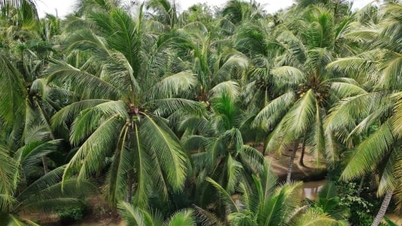
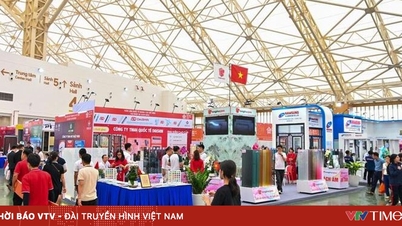







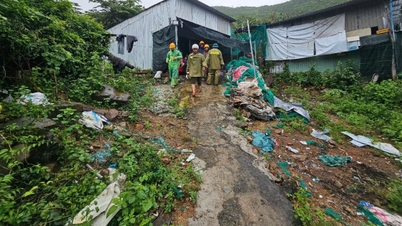
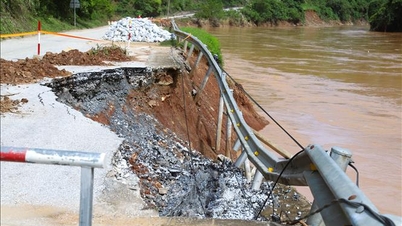

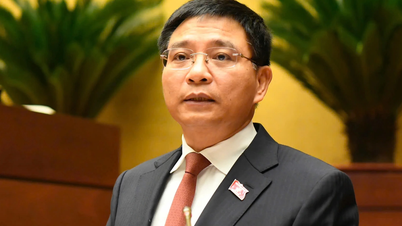





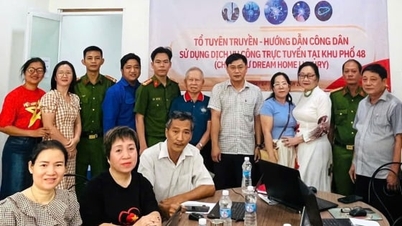
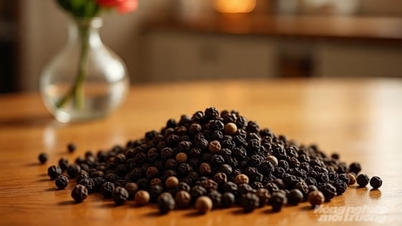


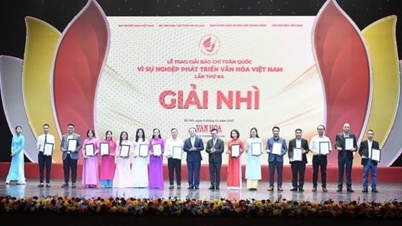



































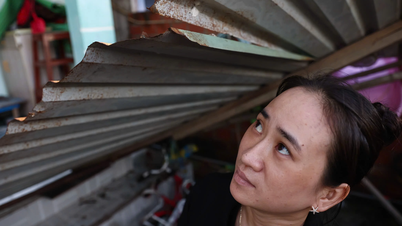
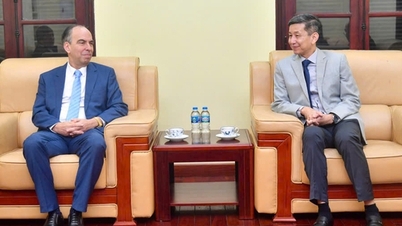


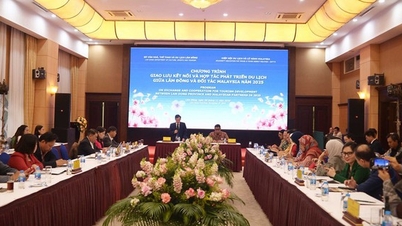



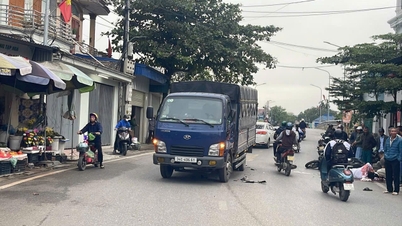

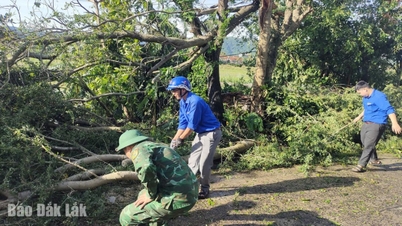





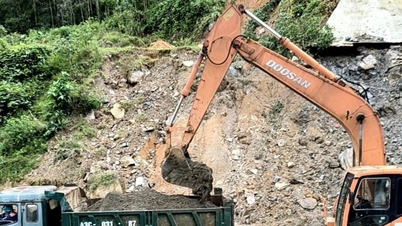
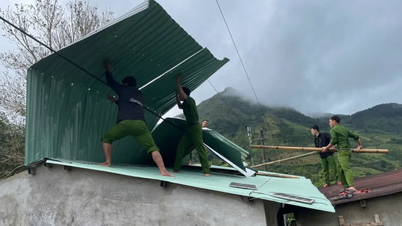

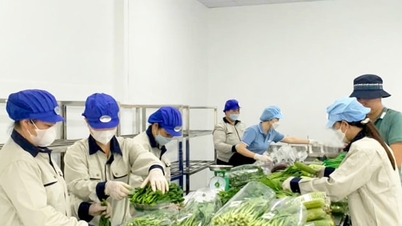







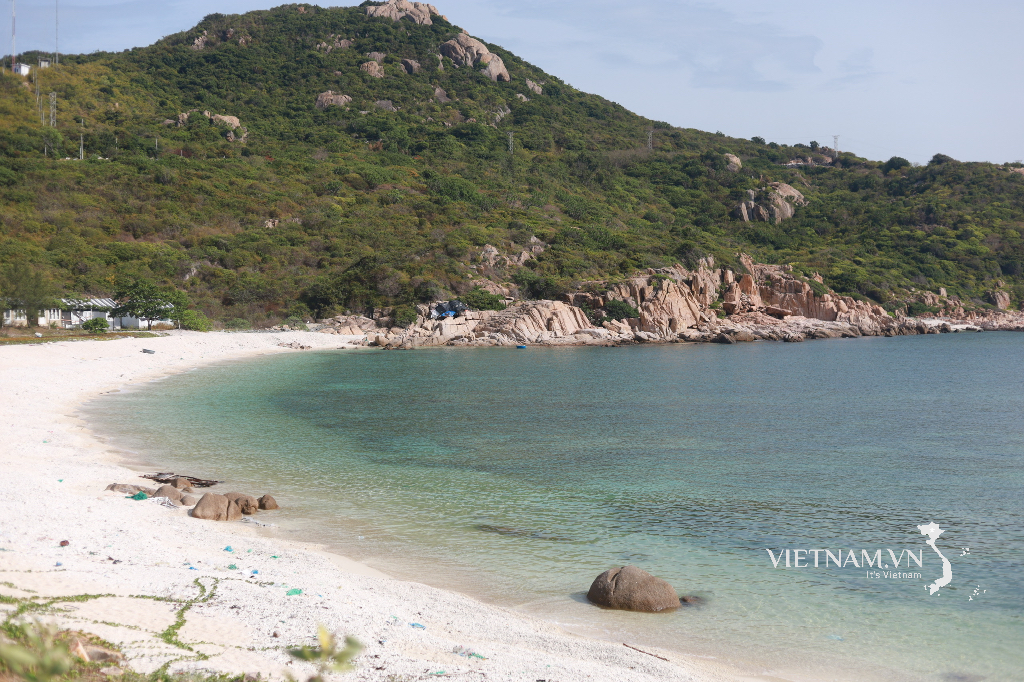


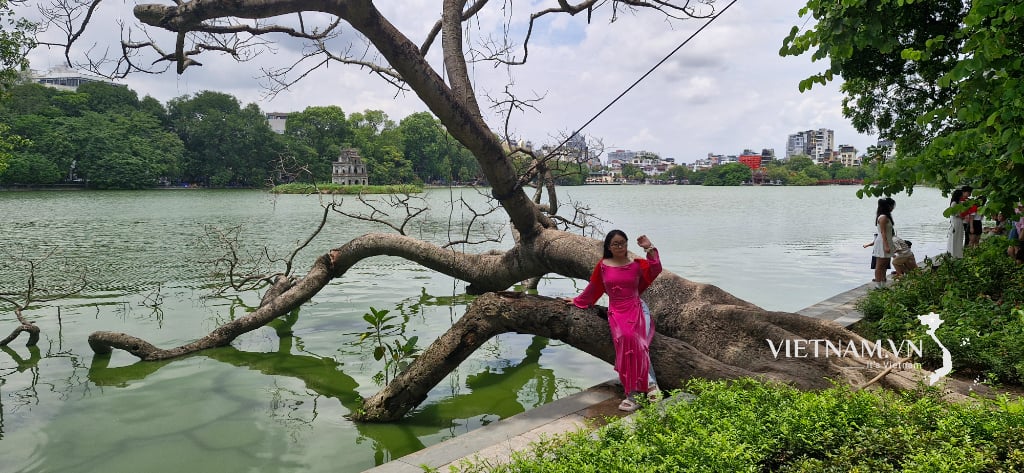
Comment (0)